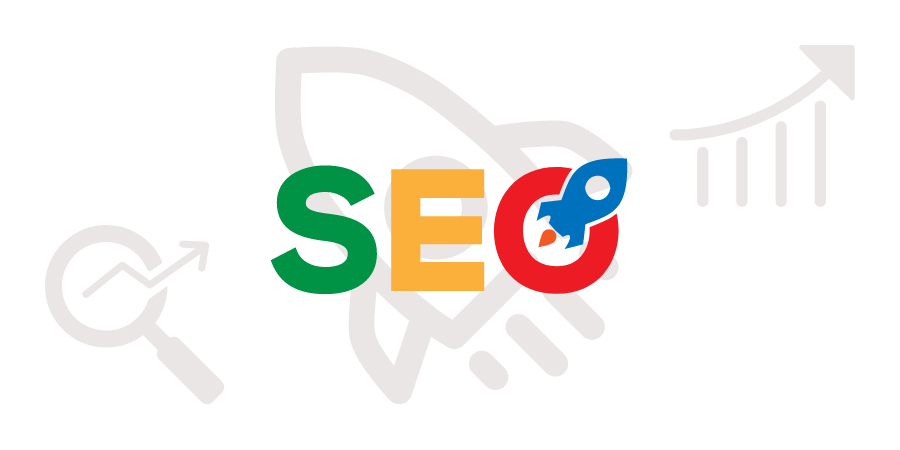

Search Engine Optimization (SEO) is a digital marketing practice used to increase organic search engine results pages (SERPs). SEO involves optimizing websites’ technical configuration and content relevance in order to better meet user search queries.
SEO encompasses activities that support and boost search engine visibility, such as claiming and optimizing business listings, managing reviews and ratings and assuring accurate information across the web.
Keywords
Keywords entered into search engines – known as “search queries” in digital marketing parlance — determine whether your content appears at the top of SERPs (search engine result pages). Keywords help search engines understand what topics your content covers while simultaneously providing insight into its target audience’s language and what answers they seek to receive from you.
There are two kinds of keywords: branded and non-branded. Branded keywords refer to your institution by name; for instance “Harvard School of Medicine” or “Ole Miss”. On the other hand, non-branded keywords don’t feature your institution at all and have more general search intentions.
SEO requires discovering keywords that connect your content with its audience. Keyword research helps identify these terms, determine demand for them among competitors’ pages, and create content to meet that demand – in higher education this could mean identifying key questions prospective students are asking about your institution or degrees and answering these queries in your content.
Content
Content is at the core of SEO, as search engines use it as the foundation for ranking pages. To be successful in your efforts, it’s essential that your writing aligns with keyword intent while offering value to readers.
Best content is targeted towards its keyword, written correctly with no grammar errors and comprehensively covers its topic. Furthermore, it should address audience needs and questions; for instance if you want to rank for “paleo diet,” write an article discussing its benefits and recipes.
Content should be written for and tailored towards your target audience and meet Google’s experience, expertise, authority and trust requirements. Furthermore, its structure must make it easy for search engines to index it – this includes having clear structure with images and videos as well as loading quickly on all devices without pop-ups and other distractions. Creating such quality material ensures a positive user experience!
Link building
Link building is one of the cornerstones of SEO and can help your pages rank higher in search results. Link building involves creating a network of backlinks across your pages in order to show Google that you’re an authority in your field – this may involve guest blogging, developing shareable content or submitting directories etc.
As a rule, having more quality backlinks is always beneficial, though you must avoid spammy tactics such as buying and trading links which could incur manual penalties from Google. Instead, focus on organic growth through producing truly valuable content and reaching out to influencers within your niche. Explore this site cadenaradialcatolica.com/ to access more and more SEO online.
Content creation is the best way to generate links, but this takes time and effort. To expedite the process, tools like Buzzsumo and Semrush are invaluable in finding relevant blogs willing to link back to your website, while simultaneously helping identify your top competitors.
Analytics
To optimize your SEO strategy, it’s critical that you first understand how your website performs. One way of achieving this is through tracking and analyzing SEO metrics like traffic, engagement, search intent and average page length; plus monitoring how users interact with your site.
These reports can provide useful data that allows you to identify areas for improvement, such as keywords bringing unqualified traffic or content that’s not optimized for mobile. You can even use this data to calculate your return on investment for SEO campaigns.
Use this data to refine your SEO strategies and increase website visibility on search engine result pages (SERPs). Use it also to improve user experience and reduce customer acquisition cost (CAC). Investing in analytics SEO tools will enable you to identify key metrics and understand their effect on marketing ROI.